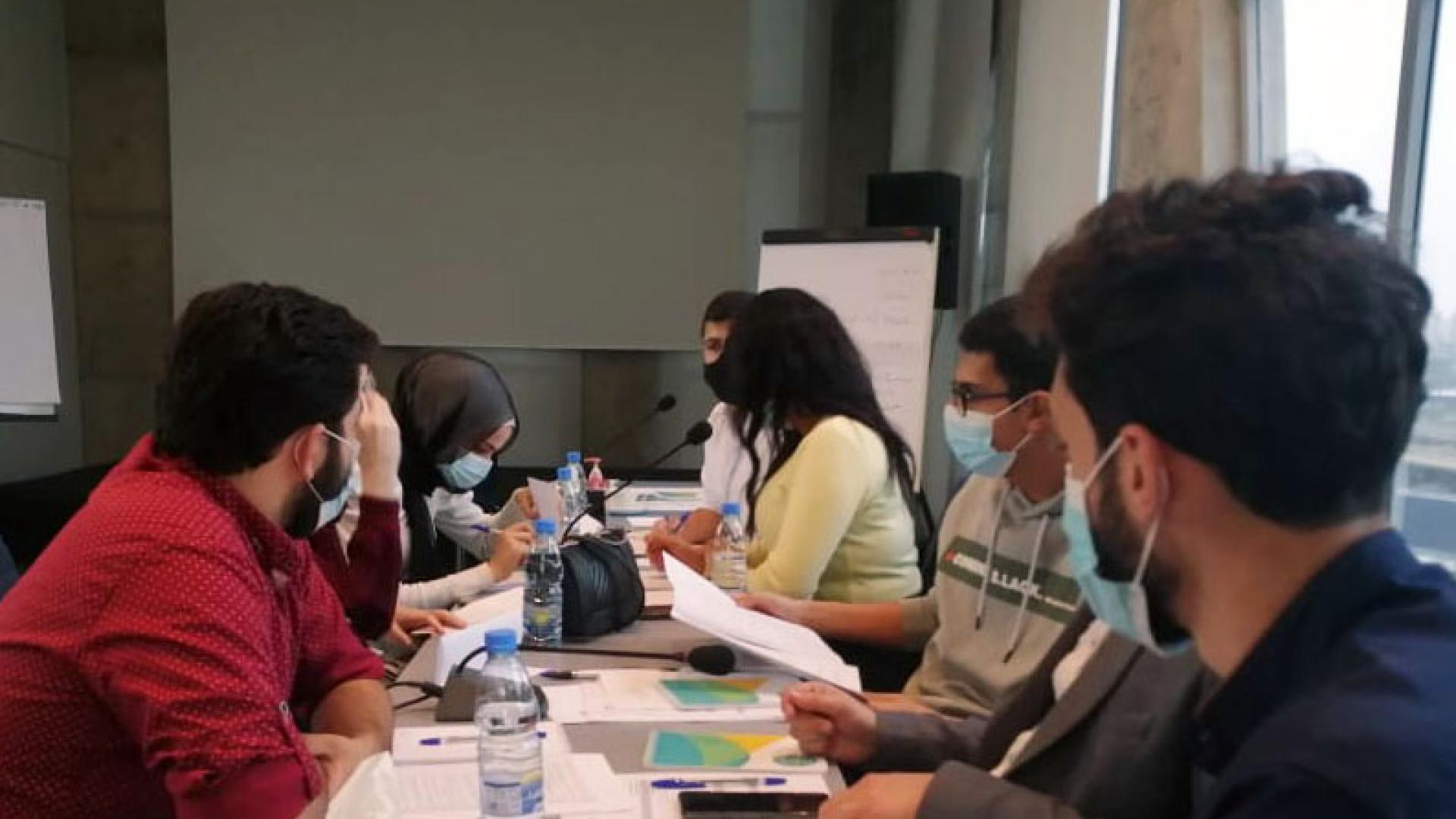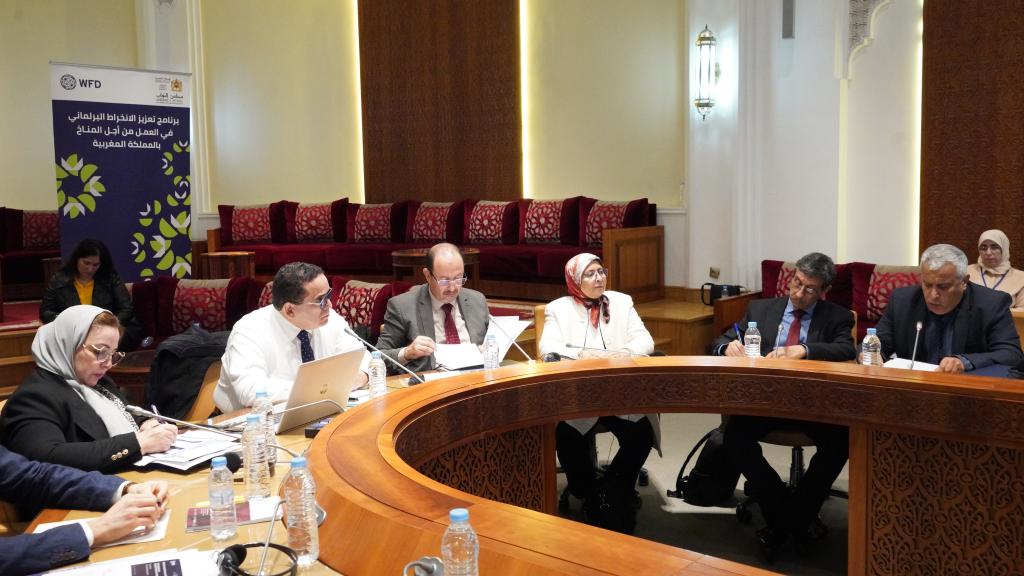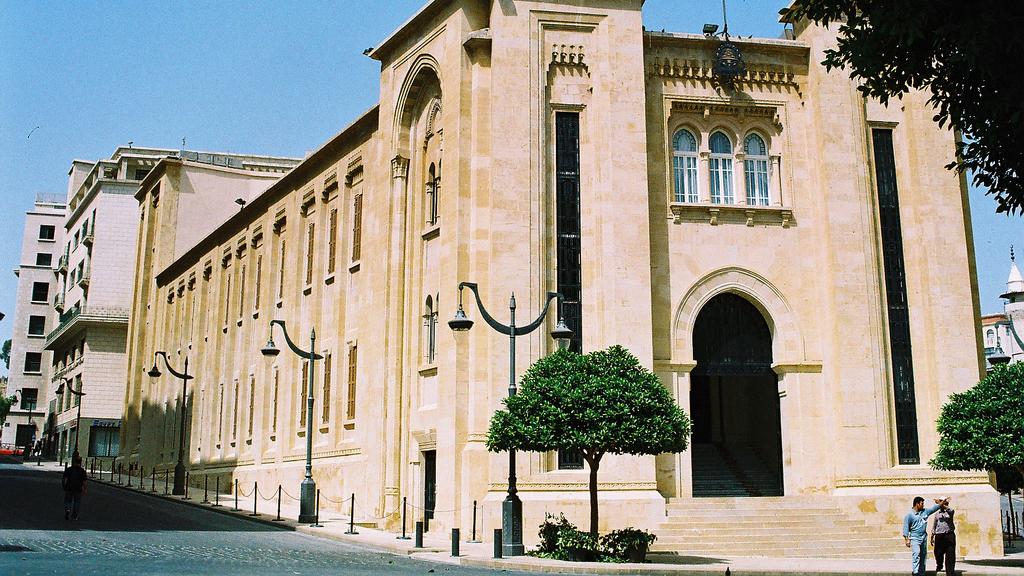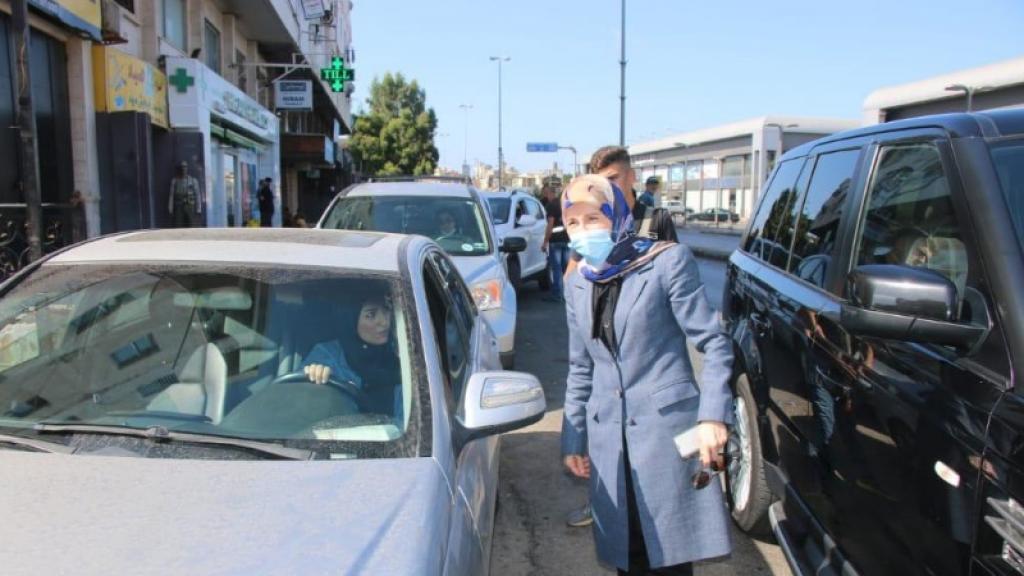Training young leaders in Lebanon's Youth Parliament

There are more young people in the world than ever before. This offers unprecedented opportunities for global growth, innovation and creative advancement.
To fully realise these opportunities, young people must be well-represented in decision-making. Societies that focus on creating good outcomes for children and young people enjoy substantial benefits over the longer term.
However, in most countries, including young people in decision-making is not yet the norm. Those with the power to make decisions often have a poor understanding of young people's priorities, such as access to high-quality education, training and employment, technology, or health and wellbeing.
In Lebanon, the population is relatively young, with the median age being 33.7 years. The Lebanese youth is severely underrepresented in Parliament, where the median age of MPs is 60.4 years, with only 9.3% of parliamentarians being 45 years or younger, and 3.9% of parliamentarians being 40 years or younger.
That is why WFD trained young people elected as MPs to the Lebanese Youth Parliament. The young delegates were introduced to the functions and procedures of parliament through interactive activities that shed light on the legislative, monitoring, and representational role of an MP, how laws are drafted, and types of parliamentary committees and their modus operandi.
Pre- and post-training surveys revealed a marked difference in the level of knowledge amongst participants, and the participants confirmed having gained new knowledge from the training series. In fact, 45 out of 46 respondents (97.8%) agreed with the statement “I have gained new knowledge from this workshop”, with similar rates observed for questions on relevance, efficiency, and delivery.
With their new skills, members of Lebanon’s Youth Parliament will be able to continue their leadership journeys, helping to ensure Lebanese state institutions are responsive to young people’s concerns and better able to tackle the urgent national challenges and reforms necessary for stability. To this end, the Youth Parliament has elected its Speaker, Parliamentary bureau,, and committees; whilst for its part, WFD will be introducing the members of the Youth Parliament to MPs and parliamentary committees. This will enable the former to monitor and lobby with the Lebanese Parliament from an insider’s perspective, and to gain practical knowledge on the role and functions of Parliament.



